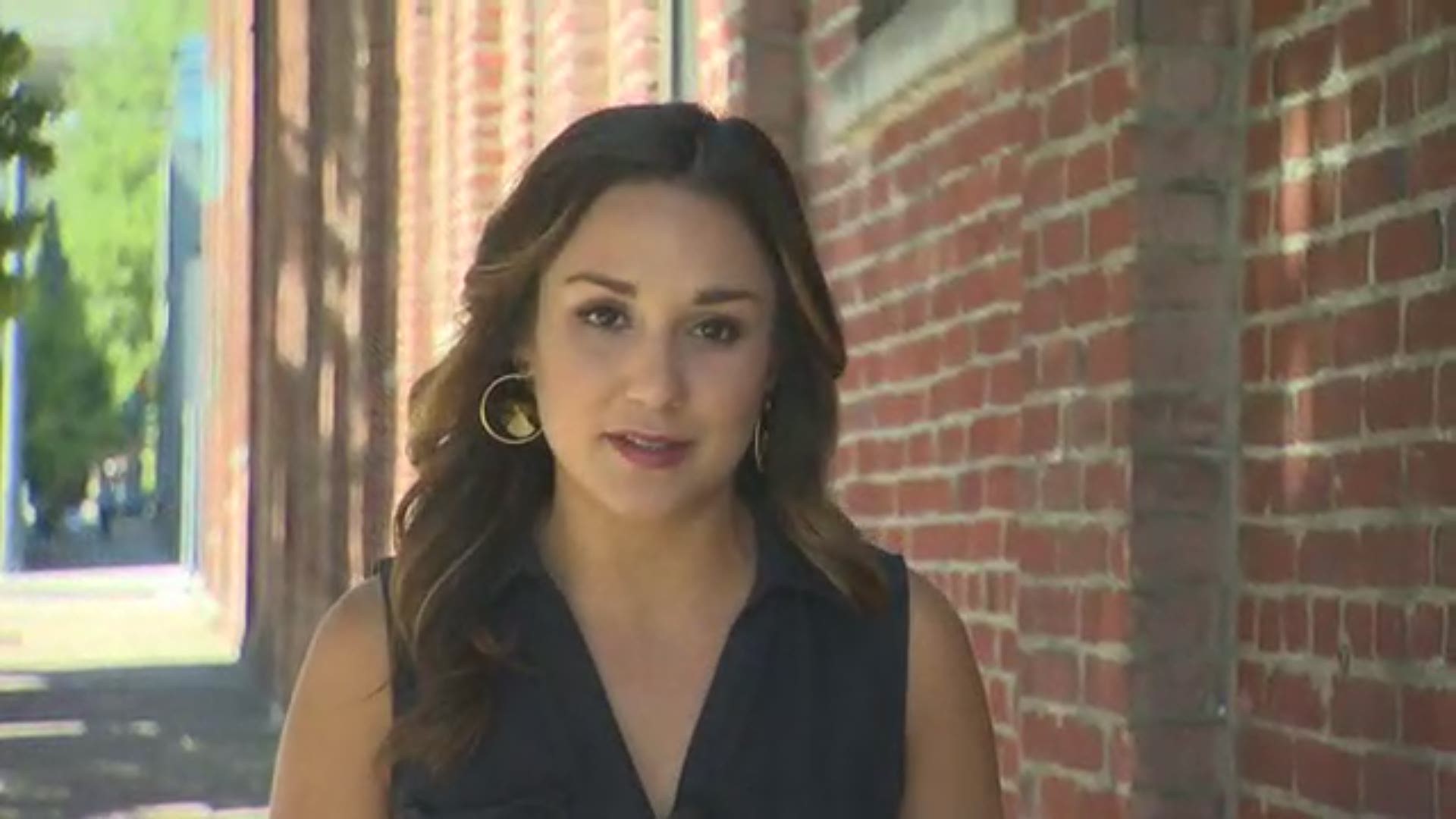PORTLAND, Ore. — A mental health care crisis is gripping our nation.
The stigma around mental health is slowly crumbling as people open up more and talk about it - which is a shift in the right direction. Combine that with expanded mental health care coverage under the Affordable Care Act and there's increasing demand for access to quality care.
However, there's not enough help out there for people who need it.
KGW has been peeling back the layers that stack up and build this problem. Now, we are shining a light on one solution to shrink the shortage and expand access.
One in five American adults has suffered or will suffer from mental illness; less than half of them will ever access the care they need while the pool of psychiatrists who prescribe critical medication is shrinking every year.
Only 40% of people diagnosed with any mental illness (AMI) receiving mental health care in 2017.

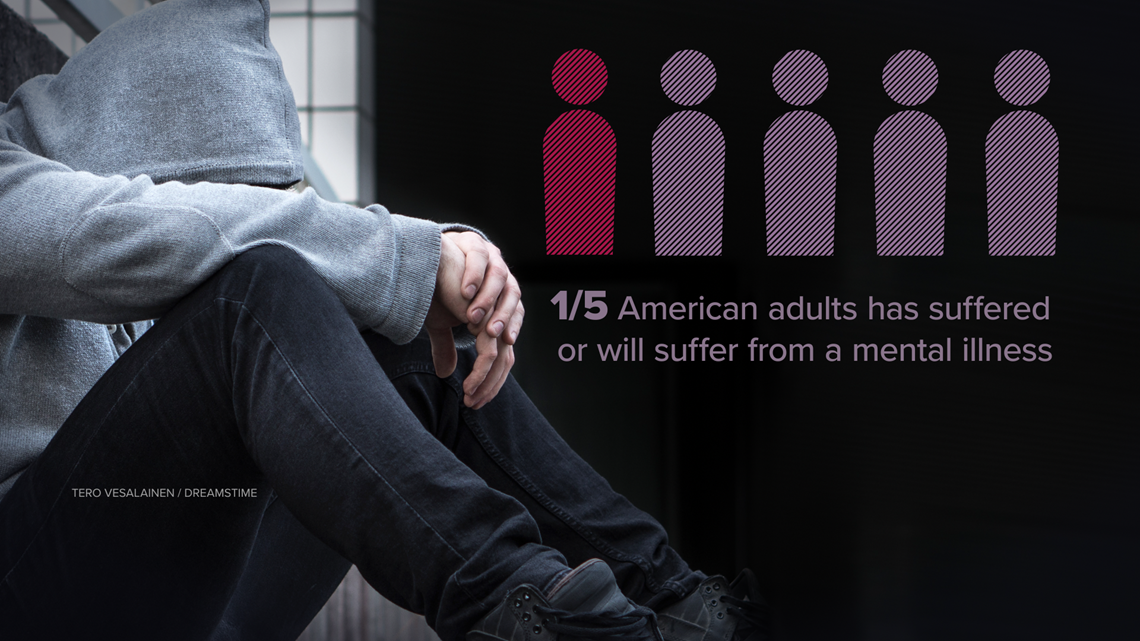
The shortage is directly impacting families like Kimberly Berry's. She has two daughters who both suffer from what is sometimes crippling anxiety and other disorders. They're one of millions of American families who spend countless, agonizing days searching and waiting for psychiatric care.
“It's a waiting game. And what you're trying to do then is just triage the symptoms of the person that you love or within yourself. You're just trying to get through every moment,” Berry told KGW in July. “When you can't get access to the people that can help you it's so defeating and it's so isolating and frustrating.”

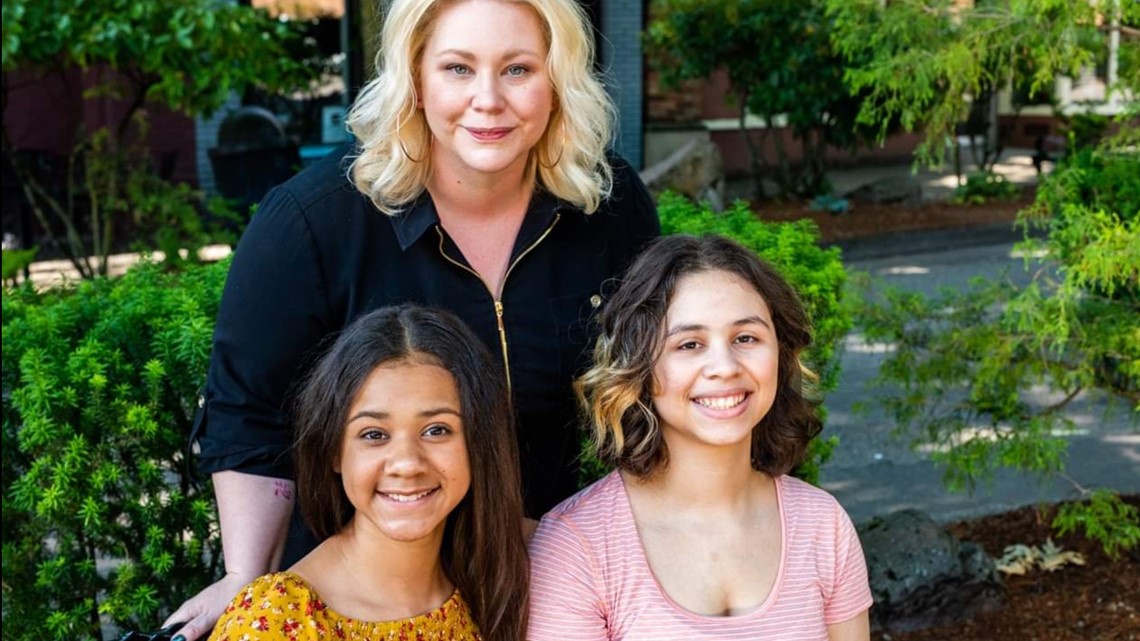
Building a bigger mental health workforce across the board is one of the main solutions. Key players in that workforce, who have pivotal roles, are psychiatric-mental health nurses, including RN's and advanced practice nurses.
Titles and practice ability for advanced practice registered nurses vary by state because each legislature and Board of Nursing regulates scope, licensure, and standards of practice.
In 21 states and Washington, D.C., psychiatric-mental health advanced practice registered nurses can diagnose, treat, order tests and prescribe medications without physician oversight. Oregon and Washington are two of those states.
Diane Solomon is one of many nurses in the Pacific Northwest helping fill the mental health care gap.
“I got into it because I'm passionate about human nature,” psychiatric-mental health nurse practitioner (PMHNP) Diane Solomon said.
Solomon, who also holds a Ph.D. in Nursing, does psychotherapy and medication management in her private practice. She can diagnose and treat patients without physician oversight, as well as prescribe medication.
Across the nation, the demand for mental health nurses is soaring. People like Diane are stepping up to help meet the need in health care systems, clinics, hospitals, primary care settings, public health, and through telemedicine.
Experts in this 2019 report say the role of psychiatric-mental health nurses needs to be better recognized, so Americans can receive quality mental health care and substance use treatment. Solomon says the fact that less than half of states give full practice authority to advanced practice nurses is problematic.
“I think we need to be asked to the table,” Solomon added.

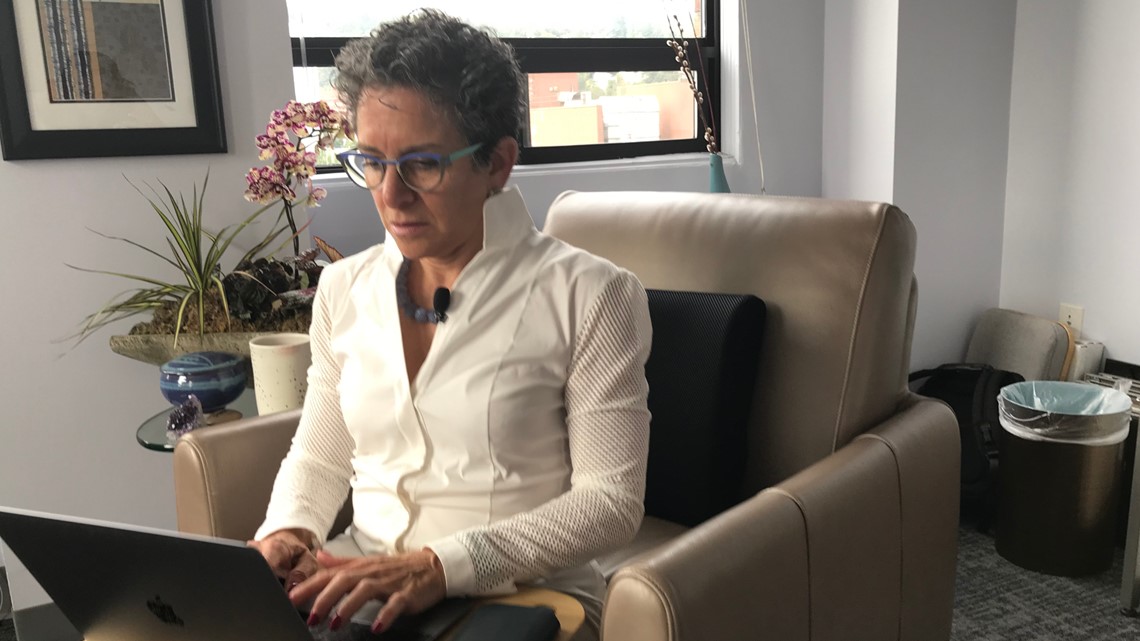
There are limitations to her care – similar limitations that exist in many psychiatric-mental health nurse practitioners’ and psychiatrists’ care.
Like others, Solomon doesn't treat certain severe mental illnesses at her private practice in downtown Portland.
“There are things I will not do in my office here as an outpatient office. Some people definitely need a higher level of care,” she told KGW. “I have an outpatient practice, I’m one person. I can’t be available all days and all times.”
She doesn't take Medicaid or Medicare either, like many other mental health providers.
“I support my family and I can't afford to take Medicaid and make that living. If I worked in a clinic setting or a hospital setting and had a salary that was sufficient, that would be different. But any psychiatric provider in private practice at this point has difficulty affording to take Medicaid or Medicare because the reimbursements are so low.”
There aren't enough nursing programs or training focusing on psychiatry, while the growing pressure to attract more people to the field mounts and the need surges. The programs that exist across the country can’t train nurses fast enough, experts say.

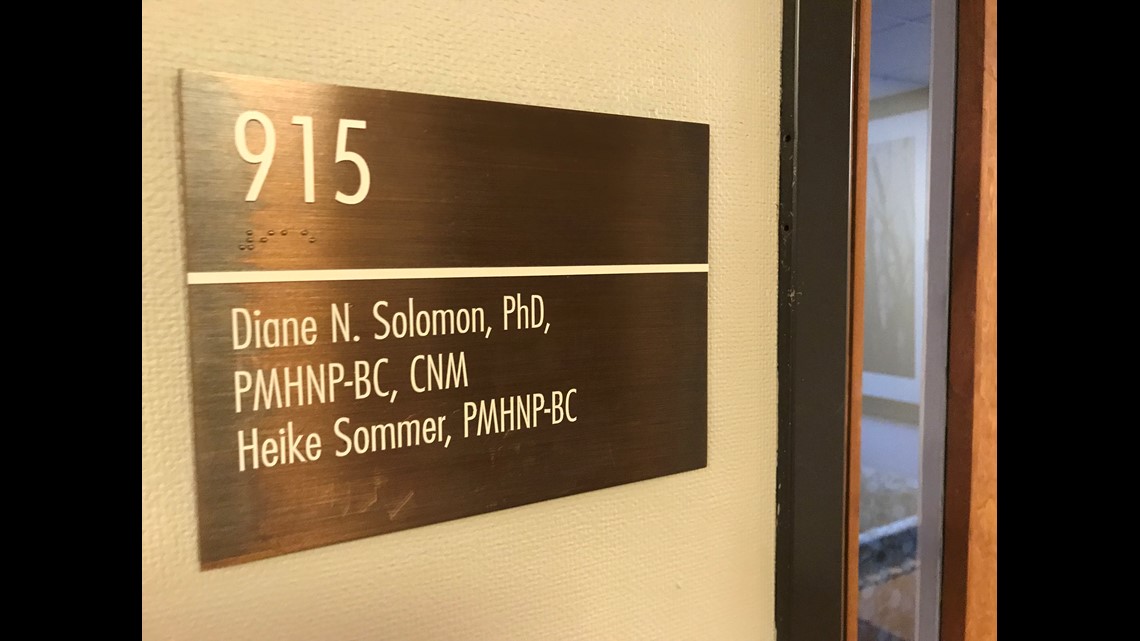
To truly meet the need, according to Solomon, we need to start on the ground level with treating mental health as we do physical health. Then we will move toward patching up the holes and closing the gap.
One way of doing that is to embed mental health workers, like psychiatric nurse practitioners, in primary care settings.
All health care workers should collaborate to form interdisciplinary teams so providers and support staff can contribute equally to a patient’s care, experts say.
“The more our society becomes complicated and pressured I really think that we need to look at mental health as just part of primary care,” Solomon said.
Moving forward, Solomon believes it needs to be “all hands on deck” for addressing behavioral health.
“Just try to get the job done to really help patients have access, help patients have good care, help patients have continuity of care and follow up and make sure they’re getting the wrap-around care they need. We all deserve access to good mental health,” Solomon said. “This a critical need and unless we really answer the call in society, we're not going to have a healthy society.”

